Data Analytics Certifications
Guide to Data AnalyticsIABAC provides Data Analytics Certification programs that follow the innovative EDISON® initiative by the European Commission. These certifications aim to establish a standardized and comprehensive body of knowledge in Analytics and Data Science. By enrolling in these programs, you not only invest in your professional growth but also stay up-to-date with the latest industry trends.
Our courses leading to the Data Analytics Certification cover both fundamental concepts and advanced techniques. Aligned with the EDISON® initiative, these programs ensure that you possess the most relevant knowledge in the dynamic field of data analytics. Stay ahead in your career by becoming a skilled professional who can confidently navigate the complexities of modern analytics.
Throughout the certification journey, you will delve into crucial Analytics and Data Science aspects. Each module, ranging from fundamental principles to advanced methodologies, is meticulously designed to provide you with a comprehensive understanding of the field. By the end of the program, you will be well-prepared to tackle real-world challenges in analytics and data science, making you a valuable asset in this competitive job market.
IABAC's commitment to excellence is evident in the certification process aligned with the EDISON® initiative. These programs not only validate your expertise but also demonstrate your dedication to staying updated in a field where innovation is constantly occurring. Start on this educational journey with us, and let IABAC's Data Analytics Certification pave the way for you to be at the forefront of industry knowledge and advancements.
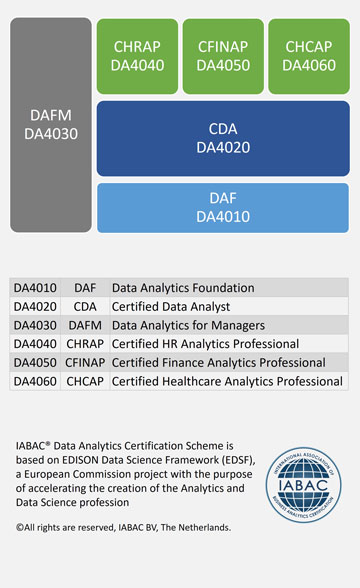
Data Analytics Certifications
Certified Data Analyst (CDA)
The demand for skilled data analytics experts is growing like never before.
Data Analytics Foundation (DAF)
The IABAC Data Analytics Foundation certification is a valuable validation of essential skills in the dynamic field of data analytics.
Data Analytics for Managers (DAFM)
Get ready to boost your managerial skills by achieving the Data Analytics for Managers Certification.
Certified HR Analytics Professional (CHRAP)
Are you ready to start your journey towards earning the prestigious Certified HR Analytics Professional Certification? This DETAILS
Certified Finance Analytics Professional (CFINAP)
Become a finance analytics expert with our Certified Finance Analytics Professional Certificate, you can take your expertise in finance analytics to the next level.
Certified Healthcare Analytics Professional (CHCAP)
The importance of data analytics cannot be overstated.

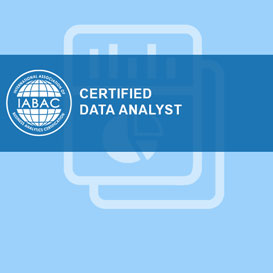
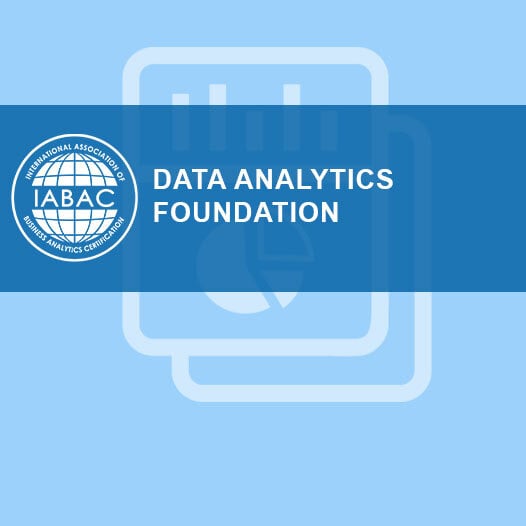
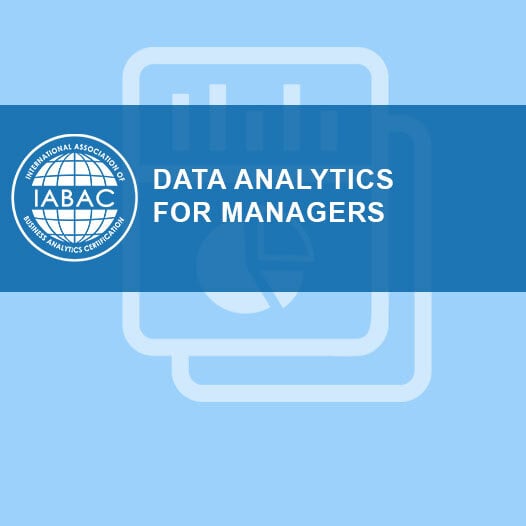
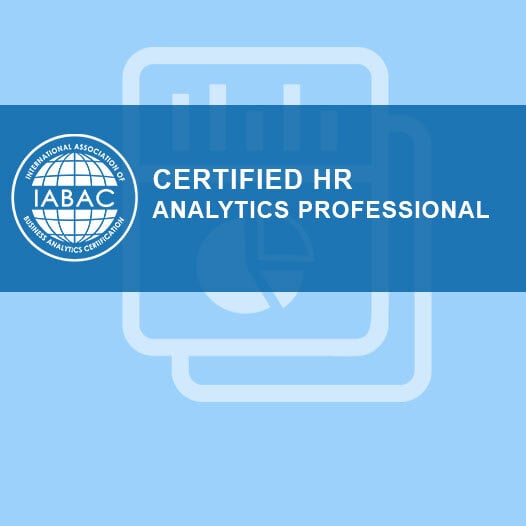
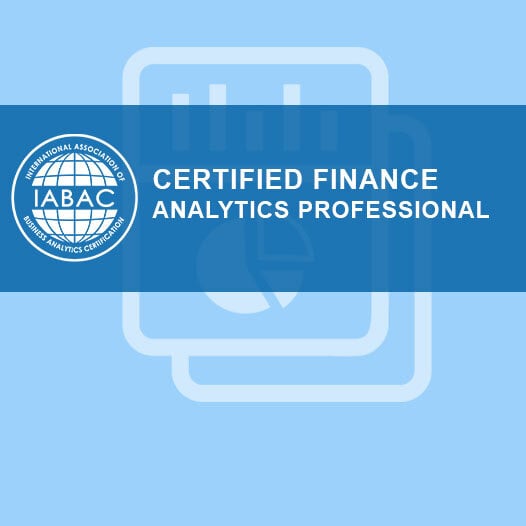
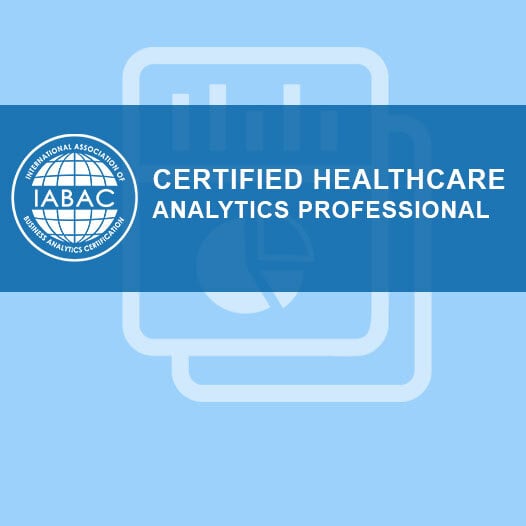
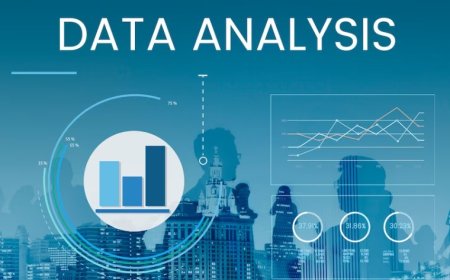
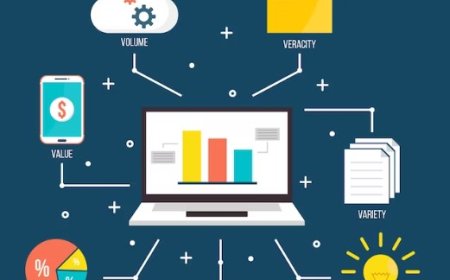 Data Analytics utilizes a range of tools to extract insights from data. Some commonly used tools in the field include programming languages like
Data Analytics utilizes a range of tools to extract insights from data. Some commonly used tools in the field include programming languages like  Roles and responsibilities in Data Analytics can vary depending on the organization and the specific job title. However, common responsibilities include data collection, cleaning, and preprocessing, performing statistical analysis and data modeling, creating data visualizations and reports, and interpreting and presenting insights to stakeholders.
Roles and responsibilities in Data Analytics can vary depending on the organization and the specific job title. However, common responsibilities include data collection, cleaning, and preprocessing, performing statistical analysis and data modeling, creating data visualizations and reports, and interpreting and presenting insights to stakeholders. Data Analytics finds applications in various domains. It can be used in
Data Analytics finds applications in various domains. It can be used in 


